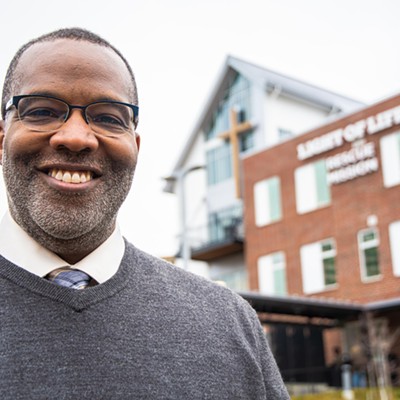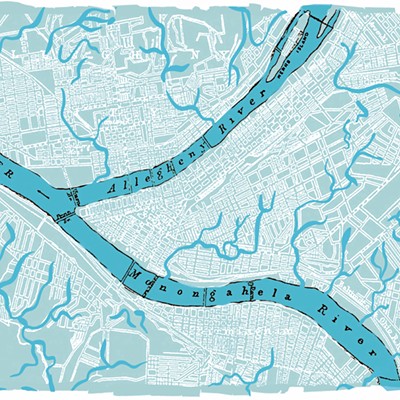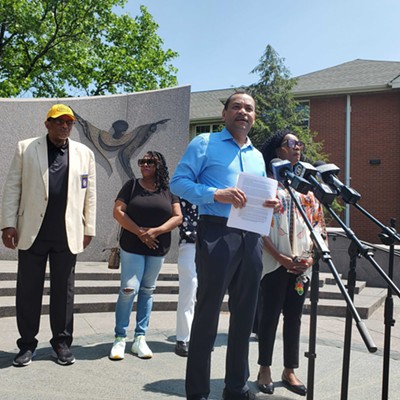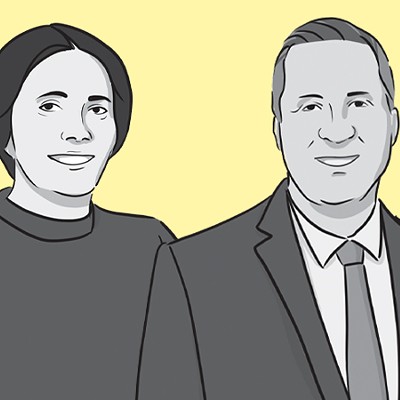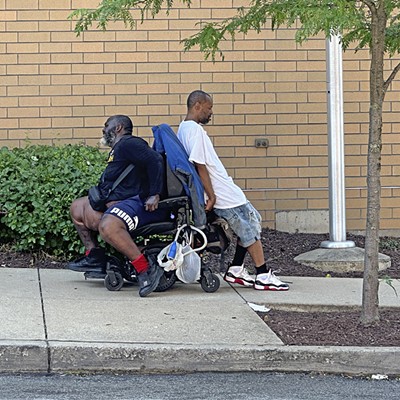
A resolution introduced to City Council today would forgive up to $115 million in medical debt for up to 24,000 Pittsburghers.
Pittsburgh City Councilmember Bobby Wilson introduced the bill, which would have the city partner with national nonprofit RIP Medical Debt to purchase and discharge eligible healthcare debt. The organization has determined that 24,000 Pittsburghers meet the criteria for debt relief under the terms of the bill, which requires recipients have accrued at least some of their debt since the onset of the pandemic.
“Healthcare debt [is] the most common form of debt on consumer credit reports and is the leading cause of personal bankruptcy in the United States of America,” Wilson said in a press conference this morning, “However, healthcare debt differs from every other type of consumer debt in that people do not plan to get sick or hurt, and when they do get sick or hurt, getting healthcare is not just necessary, but may well be a matter of life and death.”
According to RIPMD’s website, the organization “buy[s] debt in bundles, millions of dollars at a time at a fraction of the original cost” and forgives the debt with “no tax consequences or penalties to consider” if the debtor makes less than four times the federal poverty line for their household size or has medical debt that exceeds five percent of their income.
The proposed effort would be funded by $1 million of the city’s American Rescue Plan Act allocation. Pittsburgh has received $335 million in total through this federal COVID-19 relief funding allocation.
Wilson argues the plan would bring outsized benefits in proportion to its cost.
“Providing debt relief to Pittsburghers at this scale, where $1 can discharge up to $115 of burdensome medical debt, is just plain common sense,” Wilson adds.
Mohammed Burny, Wilson’s chief of staff, tells Pittsburgh City Paper the resolution is patterned after successful initiatives in Toledo, Ohio and Cook County, Illinois that used ARPA funds to discharge medical debt.
Based on the scale of those projects, Burny says, “We were planning on allocating a significantly larger sum of money,” but were pleasantly surprised to find fewer debtors under the RIPMD income cap than they expected.
“We actually think, per capita, we’re better off than most Rust Belt cities,” in terms of outstanding medical debt, Burny says.
Previous local debt relief initiatives may have contributed have contributed to Pittsburgh's reduced rates of medical debt.
“Since 2019, there have been multiple philanthropic initiatives in Western Pa.” to eliminate medical debt, Burny says, organized by churches and nonprofit organizations.
According to February 2022 data compiled by the Urban Institute, seven percent of all households in Allegheny County have medical debt that has been referred to collections.
“Anyone is just one medical emergency away from becoming homeless,” assays Councilwoman Erika Strassburger, who is a co-sponsor of the legislation. “The bills pile up and it becomes untenable.”
Wilson says the resolution is also co-sponsored by Councilmembers Daniel Lavelle, Ricky Burgess, Anthony Coghill, and Barb Warwick. It has been referred to the Committee on Finance and Law.


